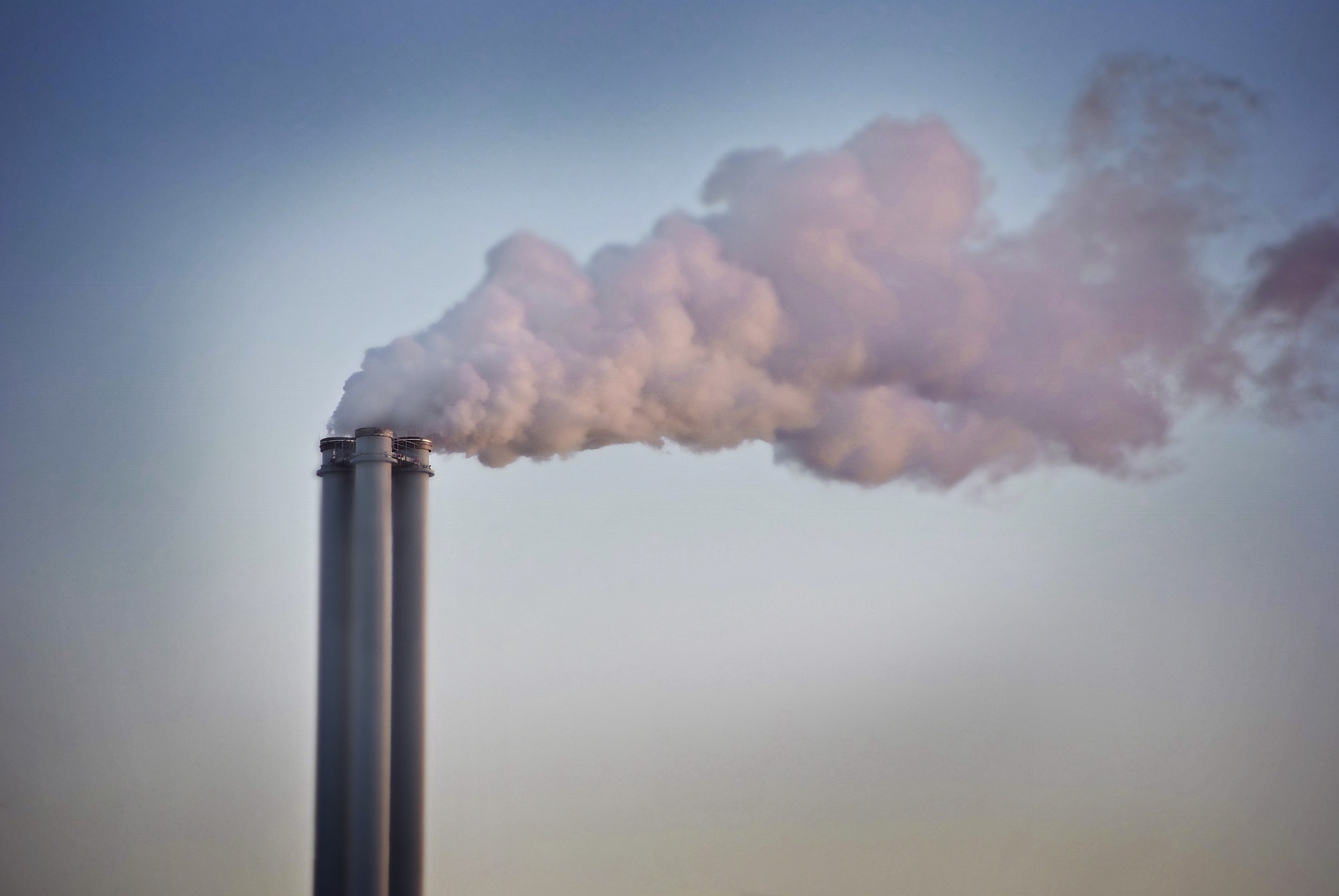Clean Air Council Statement on EPA Finalization of Stronger Soot Standards to Protect Public Health

PHILADELPHIA, PA (February 7, 2024) – Responding to overwhelming scientific evidence, the U.S. Environmental Protection Agency (EPA) has acted to protect public health by lowering the annual standard for ambient air concentrations of fine particulate matter, commonly known as soot or PM2.5. These tiny particles, with diameters 30 times smaller than a human hair, can be absorbed through the lungs directly into the bloodstream, leading to respiratory and cardiovascular injuries and premature death. Growing evidence also links exposure to increased risk of dementia. EPA last reduced the standard to 12 from 15 µg/m³ over a decade ago, leading to considerable health improvements and corresponding economic benefits.
Matt Walker, Clean Air Council Advocacy Director, issued the following statement:
“Today’s announcement from the EPA is a significant win for public health and will allow millions of Americans to breathe easier. By reducing the annual National Ambient Air Quality Standard (NAAQS) by 25 percent, EPA will be saving tens of thousands of lives per year, protecting children, the elderly, and people in overburdened communities from lasting health harms. This standard will also save billions of dollars from associated health care costs and lost work days. In Pennsylvania, we anticipate substantial air quality improvements in the seven counties that are not in attainment of the new standard.
However, since there is no safe level of PM2.5 exposure, we call on EPA to soon further reduce the annual standard. Reducing the standard to the World Health Organization’s suggested 5 µg/m³ limit would save an additional 40,000 lives and billions more dollars. EPA should also reduce the 24-hour standard, which would mean less severe daily spikes in soot exposure. The U.S. can lead the way in further improving our air quality, resulting in thriving, healthy communities.”

